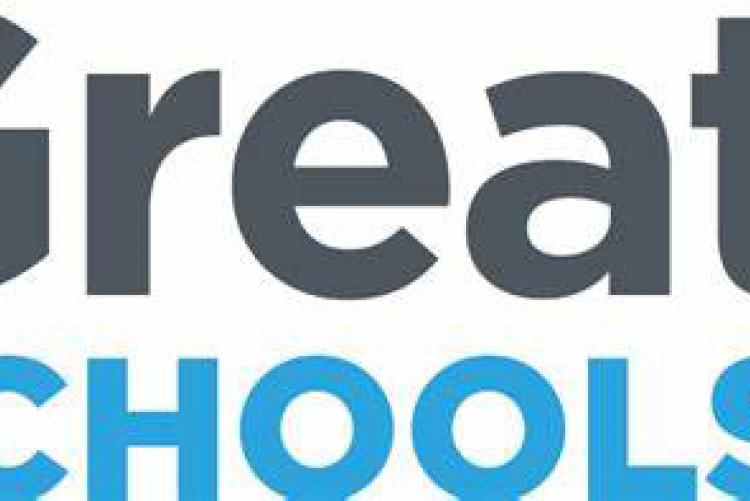Every great school should be…
1. Focused
…on thought, not content; less concerned on what to learn and more concerned with how to think and how to learn.
2. Illuminating
…’lighting’ what’s worth knowing for each student in their native place as part of a global society, then helping students learn to do the same for themselves
3. Disruptive
…of social issues that plague human progress, improve economic, intellectual, spiritual, and related ‘well-being’ disparities.
4. Transparent
…through the expertise, empathy, creativity, and wisdom demonstrated by its ‘graduates.’ This includes the health and integrity and innovation and humanity of the professional fields it populates with students after they’re ‘finished’ with their ‘learning.’
5. Judged
…not ‘politically accountable,’ but rather judged by the inclinations, tendencies, habits, and behavior of its students–that is, for example, to worry not can students think critically, but will they think critically? Not can they calculate and research and design and build and decipher and integrate and evaluate, but will they?
6. Human
…centered towards human beings not human systems–towards learners and communities not institutions and corporate “job skills”.
They will not hide behind ‘policies’ or ‘procedures’ or ‘rules’ or ‘that’s the way it’s always been done.’ Further, they are evaluated, in part, on how well its members (students and families) can identify and challenge failures and discrepancies here.
7. Future-Proof
…in producing a collection of understandings, competencies, and skills in existing (e.g., literacy, math, science, engineering) and emerging (e.g., coding, design, artificial intelligence, etc.) genres that enable the creation with the hands what the heart can imagine and the mind can fully understand the consequences of (e.g., wisdom, vision, and perspective).
Put another way, they correct themselves with systems designs and constant injections of disruptive and often uncomfortable thinking.
(Note: focusing on traditional ‘content areas’ and closed ‘curriculum’ already places this pursuit in danger.)
8. Playful
…with its approach to knowledge, projects, relationships, and more; driven by various learning models and pathways that promote self-direction, creativity, learning through play, and other capacities that promote an ability to not just thrive in a 21st century society, but help shape and form what we can and might become.
Note, playfulness as the term is meant here (as opposed to carelessness) requires expertise, self-efficacy, joy, and sheer intellectual exuberance.
9. Catalyzed
…by diverse definitions of literacy in the primary grades, and then critical thinking, creativity, and citizenship (local and digital) added on through middle and early secondary grades, and finally mentorship, problem and project-based learning, and relevant academic pursuits that support those causes.
10. Compelling
…and entirely convincing in every way as a fully-realized system of personalized learning.

